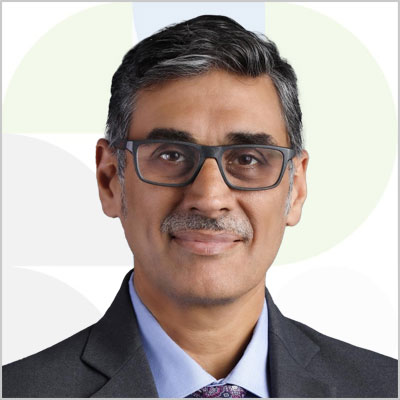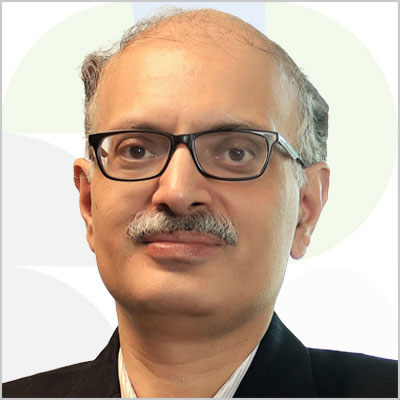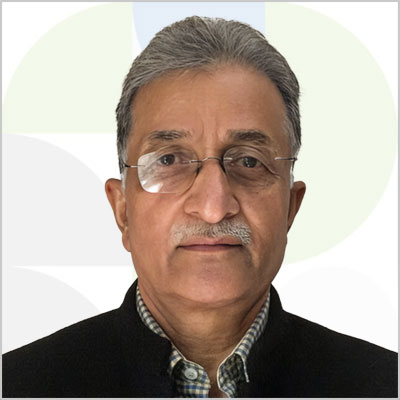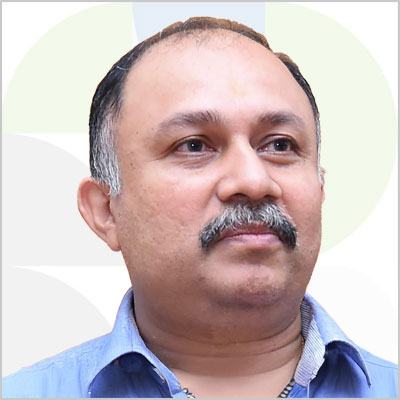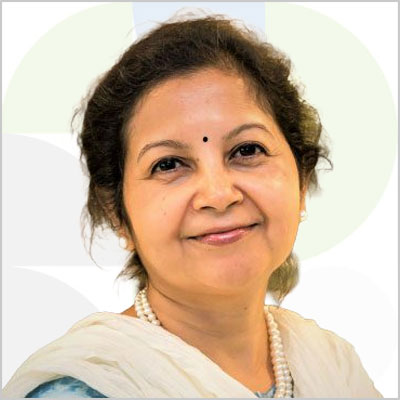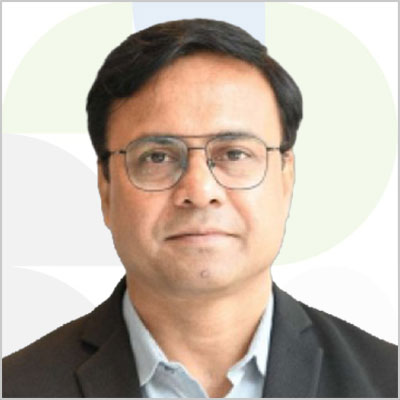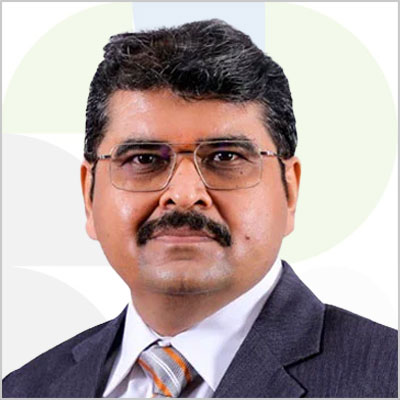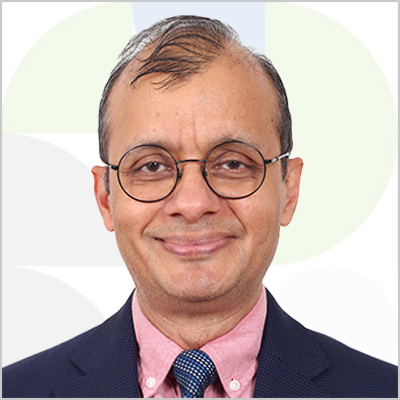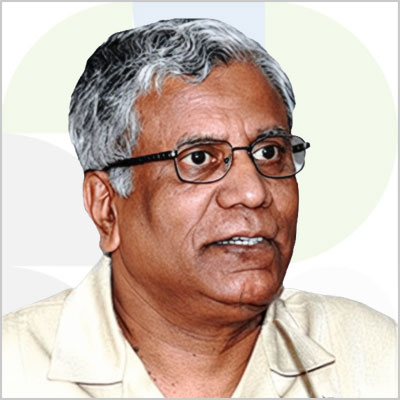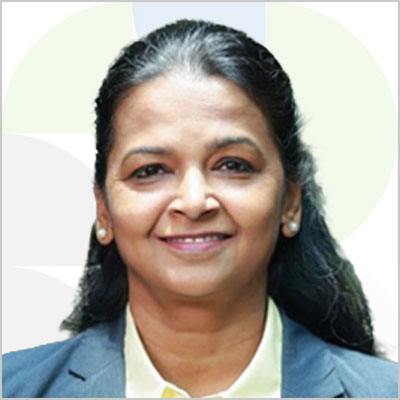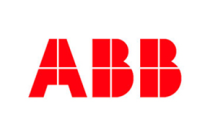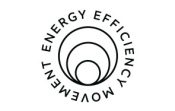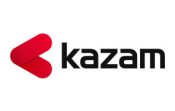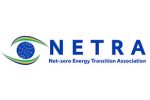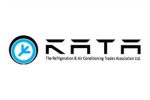Alliance for an Energy Efficient Economy (AEEE) presents
FORUM ON ENERGY EFFICIENCY & DECARBONISATION (FEED) 2026
Energy Efficiency as the Engine of Viksit Bharat
3-4 February 2026
Eros Hotel, New Delhi
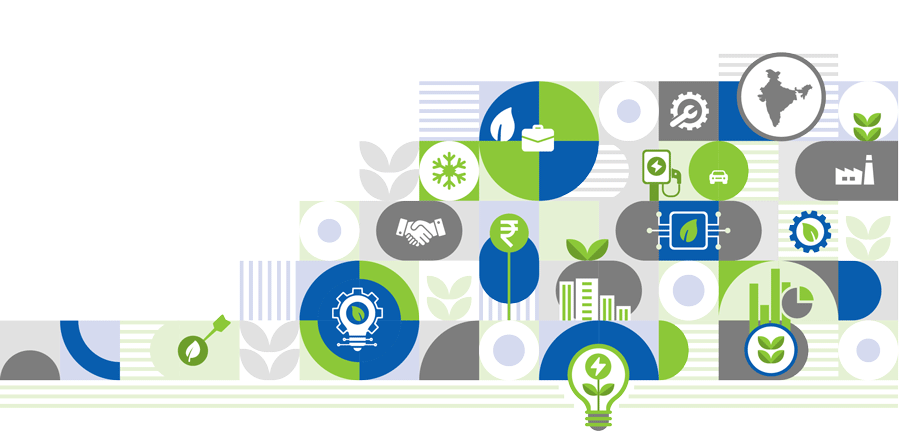
Alliance for an Energy Efficient Economy (AEEE) presents
FORUM ON ENERGY EFFICIENCY & DECARBONISATION (FEED) 2026
Energy Efficiency as the Engine of Viksit Bharat
3-4 February 2026
Eros Hotel, New Delhi
HIGHLIGHTS OF FEED
Registrations
Speakers
Sessions
Sponsors
Partners and Industry Associations
ABOUT THE EVENT
The Alliance for an Energy Efficient Economy (AEEE) presents the sixth edition of the Forum on Energy Efficiency and Decarbonisation (FEED) – a flagship platform driving dialogue and action on energy efficiency and climate resilience.
Building on FEED 2025, this year’s edition – themed “Energy Efficiency as the Engine of Viksit Bharat” – highlights India’s transition from intention to implementation to impact. FEED 2026 will explore how efficiency can power India’s vision for competitiveness, resilience, and inclusive prosperity, aligning with the national goal of Viksit Bharat 2047 and the global ambition to double energy efficiency improvement by 2030.
Through continued discussions anchored around four key levers – finance, technology, jobs, and data – the two-day event will examine how systems, institutions, and accountability can scale efficiency across sectors. The event will spotlight opportunities in MSMEs, buildings, cooling, transport, and emerging sectors such as data centres and digital infrastructure.
Join policymakers, industry leaders, innovators, and development partners as FEED 2026 charts India’s path toward a more competitive, resilient, and low-carbon economy – where energy efficiency drives national development.
AGENDA (WIP)
Inaugural Session
Fireside Chat: Positioning Energy Efficiency as a National Resource for Viksit Bharat
With India’s energy demand set to double, prioritising efficiency is vital for Viksit Bharat 2047. This session explores policy frameworks to achieve energy independence and avoid fiscal strain, aiming to unlock capital for broader economic growth, investments, and social development.
Networking Break
Fireside Chat: When Capital Finds the Right Socket: Decarbonisation at Scale
A significant disconnect persists in funding India's climate goals. Corporate CSR often views 'Environment' through a limited compliance lens, while philanthropy remains focused on traditional social sectors, leaving systemic decarbonisation underfunded. This panel attempts to tackle this challenge by convening a unique mix of funding decision-makers from across the spectrum—including corporate CSR, green finance, and leading philanthropies. In a candid discussion, they will leverage their diverse experiences to diagnose the key bottlenecks—from restrictive overhead structures to outcome measurement biases—that hinder investment in long-term climate action. Beyond diagnosis, tthe conversation will explore what enables institutions to engage more meaningfully with energy efficiency and decarbonisation, what must change to unlock larger pools of capital, and how funders can work together to create clearer pathways for investment.
Thematic Session: Carbon Pathways: Market Instruments Powering India’s Energy Efficiency Shift
This session will examine how market-based instruments such as CCTS, cooperative approaches under Article 6.2, the new India–Japan JCM established through the August 2025 Memorandum of Cooperation, CBAM effect and voluntary markets can promote energy efficiency. It will explore how these mechanisms can create demand, motivate stakeholders and accelerate efficient, low-carbon growth.
Networking Lunch
This panel will discuss why strengthening sub-national actors with dedicated budgets, robust institutional systems, and a skilled pool of EE cadre/experts is essential for advancing energy efficiency. State representatives and experts will share insights on the impact and role of empowered insitutions in enhancing policy delivery and deepening state-level action, underscoring the critical role of subnational leadership in driving sustainable, scalable energy savings.
Thematic Session: Empowering Sub-National Actors: Institutional Capacity, Financing, and Leadership for Energy Efficiency
This panel will discuss why strengthening sub-national actors with dedicated budgets, robust institutional systems, and a skilled pool of EE cadre/experts is essential for advancing energy efficiency. State representatives and experts will share insights on the impact and role of empowered insitutions in enhancing policy delivery and deepening state-level action, underscoring the critical role of subnational leadership in driving sustainable, scalable energy savings.
Thematic Session: Accelerating Industrial Energy Efficiency in India to Drive Industrial Competitiveness (Knowledge Partner - EEM)
India’s industrial sector is a cornerstone of its economic growth, contributing over 25% to GDP and consuming nearly 40% of total energy. With rising energy demand, cost pressures, and climate commitments, energy efficiency offers a strategic lever to enhance competitiveness, reduce emissions, and improve energy security. To catalyse scalable action on energy efficiency in India’s industrial sector by convening leaders from government, industry, and finance, the session will explore how to unlock the full potential of energy efficiency through cross-sector collaboration, policy enablers, and innovative financing mechanisms—driving competitiveness, affordability, and sustainability.
Networking Break
Special Talk: Generation E: Powering a Culture of Efficiency
As India accelerates towards Viksit Bharat, cultivating a culture that makes energy efficiency second nature is more urgent than ever. Anchored in the spirit of Mission LiFE, this Lightning Talk will explore how behavioural change, technology, and storytelling can embed efficiency into everyday life. This session underscores why people and systems power are the true engines of transformation and how they can turn efficiency from a policy goal into a national movement.
Registration and Networking
Thematic Session: Cooling as a Service: Rethinking How India Delivers Cooling
India’s cooling demand is rising rapidly, already contributing significantly to electricity use and peak-load growth. Cooling-as-a-Service (CaaS) shifts cooling from equipment ownership to performance-based delivery, enabling affordability, efficiency, and peak-load management. Aligned with the India Cooling Action Plan, this session brings together cross-sector expertise to examine how CaaS can decouple rising comfort needs from energy use, peak demand, and emissions, focusing on market readiness, policy enablers, and scalable pathways for public buildings, commercial spaces, and urban developments.
Thematic Session: Residential Charging as the Backbone of India’s EV Revolution
India’s rapidly growing EV ecosystem for two- and three-wheelers depends on stronger residential charging, especially with the rise of delivery fleets where access remains a critical bottleneck. This session highlights the importance of home charging, the regulatory and infrastructure barriers in housing societies, technology and policy enhancements, and how enabling residential charging can boost fleet efficiency, reduce costs, and accelerate last-mile logistics electrification.
Networking Break
Thematic Session: Making Every Watt Work Across Enterprise-Scale Operations
Over the next half decade, the most competitive Indian sectors will not be defined by what they build or operate, but by how efficiently they convert energy into value. India does not face an energy shortage problem. It faces an efficiency execution problem. Across large, energy-intensive operational environments, spanning public infrastructure, industrial operations, and commercial ecosystems—every unoptimized system represents silent capital leakage. Energy efficiency is no longer a sustainability aspiration; it is a profit recovery lever, a decarbonisation strategy, and a prerequisite for delivering the Viksit Bharat 2047 vision. The leaders of the next decade will be those who command energy, not merely monitor it, using automation, digital twins, IoT, and AI systems that can predict, decide, and act in real time across complex, always-on operations. This session brings together public-sector operators and industry practitioners to move the conversation decisively from policy intent to on-ground execution. At its core, the discussion explores how next-generation Enterprise Energy Management Systems (EEMS), integrating electrical, thermal, and digital infrastructure, are becoming mission-critical operating systems for India’s large-scale built environments and production ecosystems.
Thematic Session: Navigating India’s Refrigerant Transition: Policies, Technologies, and Industry Readiness
(INDEE Session)
India’s refrigerant transition is accelerating as the country prepares to phase down HFCs under the Kigali Amendment. This session explores policy frameworks, emerging low-GWP refrigerant technologies, and sector readiness, highlighting opportunities and challenges for a smooth, economically viable transition aligned with India’s climate and energy goals.
Thematic Session: Breaking the Energy Barrier: Advancing Public Sector Energy Efficiency Through Finance
This session delves into the critical barriers that hinder large-scale Energy Efficiency (EE) deployment across public systems—particularly municipal water pumping and building cooling. It will highlight innovative financial structures that can make EE interventions bankable and replicable, and explore pathways to unlock sustainable, non-sovereign financing to accelerate adoption.
Harvesting Efficiency: Transforming India’s Cold Chain through Sustainable Packhouses
As the world’s second-largest producer of fruits and vegetables, India incurs nearly 18% post-harvest losses due to weak farm-level aggregation and pre-cooling infrastructure. Developing new, sustainable packhouses is critical to address this gap by enabling efficient pre-cooling, grading, sorting, and aggregation close to production centres. Energy-efficient and renewable energy–powered packhouses can reduce losses, improve produce quality, strengthen market access, and enhance farmer incomes. Aligned with the India Cooling Action Plan (ICAP) and Doubling Farmers’ Income goals, this workshop will convene policymakers, industry experts, and practitioners to focus on greenfield sustainable packhouses, exploring technology options, financing models, and capacity-building needs. The discussions will identify actionable pathways, investment opportunities, and policy enablers to scale adoption nationwide.
Networking Lunch
Thematic Session: Building Resilience Bottom-Up: Climate-Proofing India’s Self-Built Affordable Homes
India’s affordable housing challenge is increasingly shaped by climate risk, rising energy costs, and the dominance of self-built construction. This session examines the systemic barriers that prevent self-built homes from being climate-resilient and energy-efficient, drawing on evidence from field studies. It will explore gaps across design, construction materials, skills, funding and policy, and how the housing delivery ecosystem can enable practical technical, financial, and policy interventions to strengthen future self-built affordable housing programmes.
Thematic Session: Problems First: Unlocking Climate-Tech Scale in the Built Environment
Precise, problem-driven articulation is critical to accelerate climate-tech innovation in the built environment. It reduces wasted R&D, speeds pilot adoption, lowers market risk, and attracts investors. This session will explore co-developing high-impact problem statements to shorten time-to-market and scale climate-resilient solutions.
Grand Finale and Poster Presentation: De-Code the District: GOBS Edition (Open Data Challenge)
Don't just plan it. Build it. Decode the DNA of a District using granular data.
The Challenge
Cities are complex puzzles of energy, heat, and infrastructure. AEEE is opening access to its Geospatial Open Building Stack (GOBS), an open, high-resolution dataset of building-level attributes available at gobs.aeee.in—and challenging you to de-code these layers.
We challenge you to get hands-on with the data, perform rigorous analysis, and demonstrate technical proofs-of-concept that transform how we plan, power, and protect our urban regions.
Networking Break
Session: Decoding the District: Scaling Data-Driven Urban Solutions and Award Ceremony: De-Code the District:GOBS Edition (Open Data Challenge)
This session explores how high-resolution building data—like the Geospatial Open Building Stack (GOBS)—can transform urban governance. Experts will discuss actionable use cases for energy efficiency, heat resilience, and disaster planning, examining how granular insights can drive policy interventions and decarbonise India’s rapidly growing cities.
Validectory Session
THEMATIC AREAS

Implementing a systems approach to energy efficiency

Adoption of innovative energy-efficient technologies

Integration of energy efficiency and demand flexibility

Driving sub-national initiatives for energy efficiency

Advancing low-carbon building solutions

Ensuring thermal comfort for all

Sustainable cold chain for agriculture

Promoting energy efficiency as a service

Facilitating financing for energy efficiency projects

Monitoring and assessing progress and impact of energy efficiency efforts
KEYNOTE
SPEAKERS
SPONSORS AND PARTNERS
Knowledge Partners
Outreach and Network Partners
PREVIOUS SPONSORS
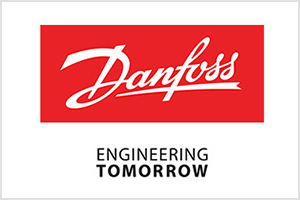



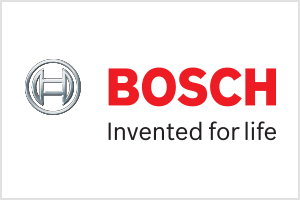
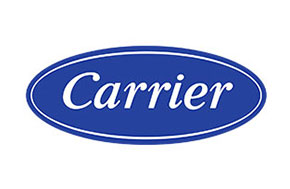
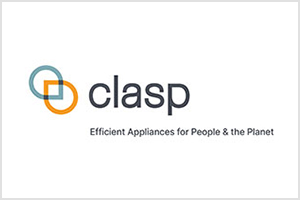
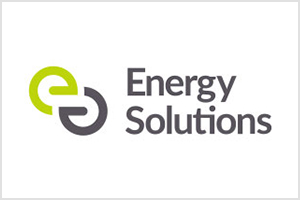
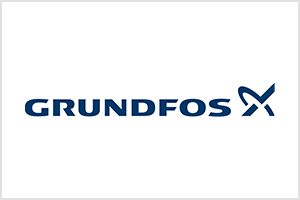
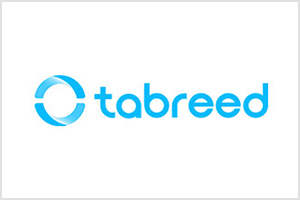
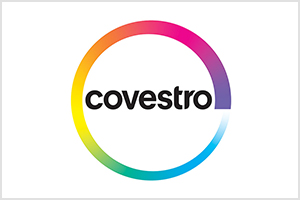
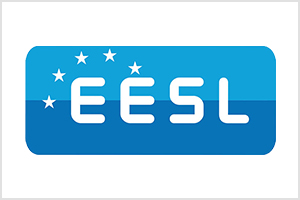


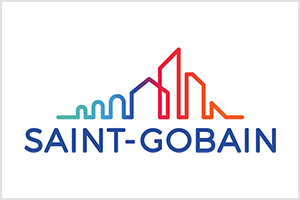
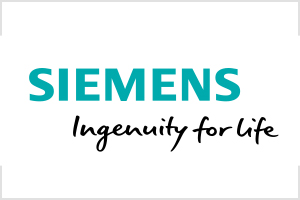

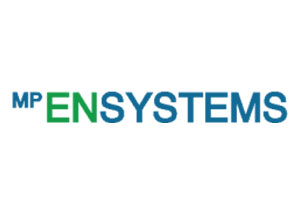
Previous Co-organisers, Networking, Outreach and Knowledge Partners
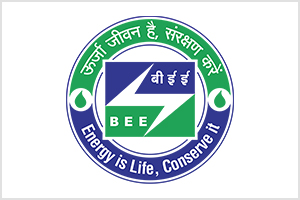
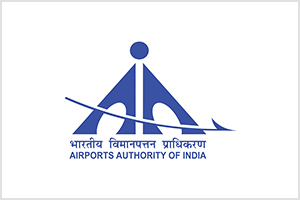
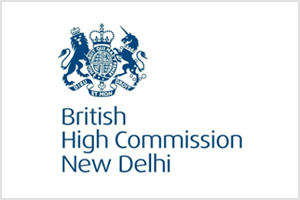
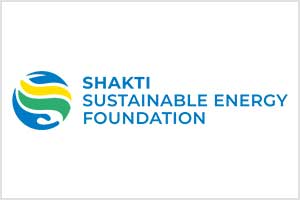
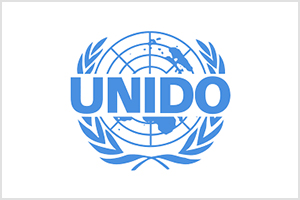

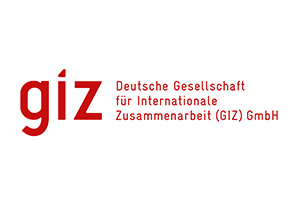
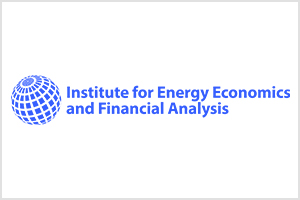
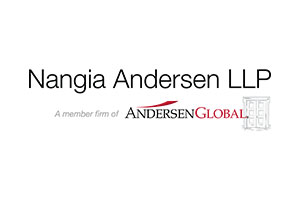
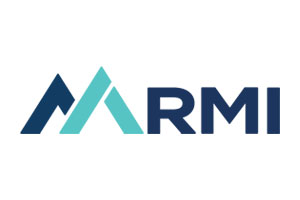
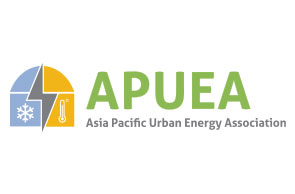
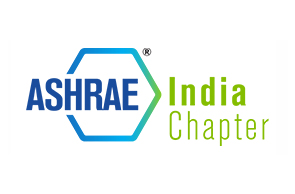

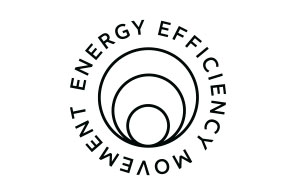
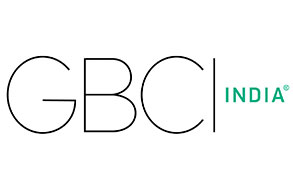
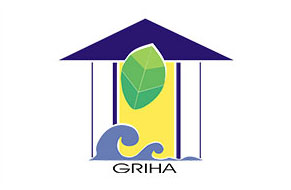
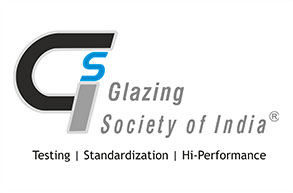
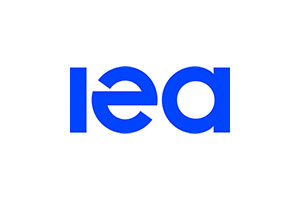
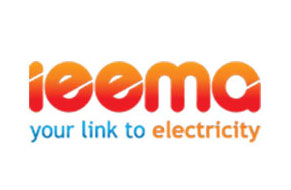
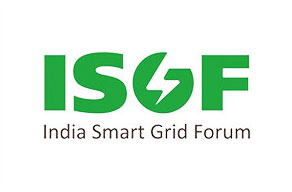
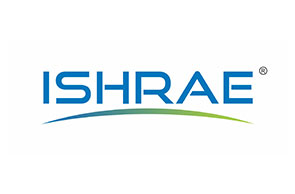
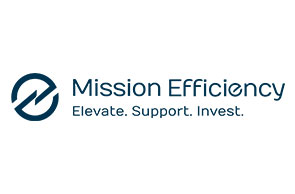
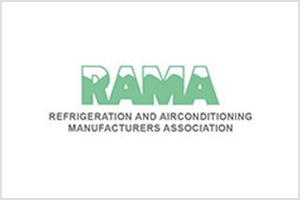
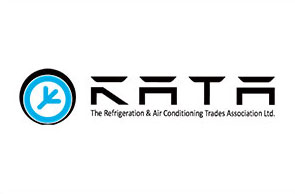
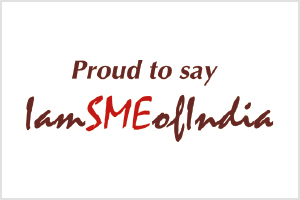
FEED GALLERY












CONTACT US
For further queries, please contact:
Address
Alliance for an Energy Efficient Economy
37, Link Road, Ground Floor, Lajpat Nagar III, New Delhi 110024
info@aeee.in
bhairav@aeee.in
Mr Bhairav Sharma, Dy Manager-Membership and Training
Phone Number
T: 011 4123 5600
D: 011 4123 5617
ABOUT THE ORGANISER

AEEE is a leading non-profit organisation working to advance energy efficiency as a resource and providing policy and implementation support to catalyse responsible energy use for a climate-resilient and energy-secure future.




